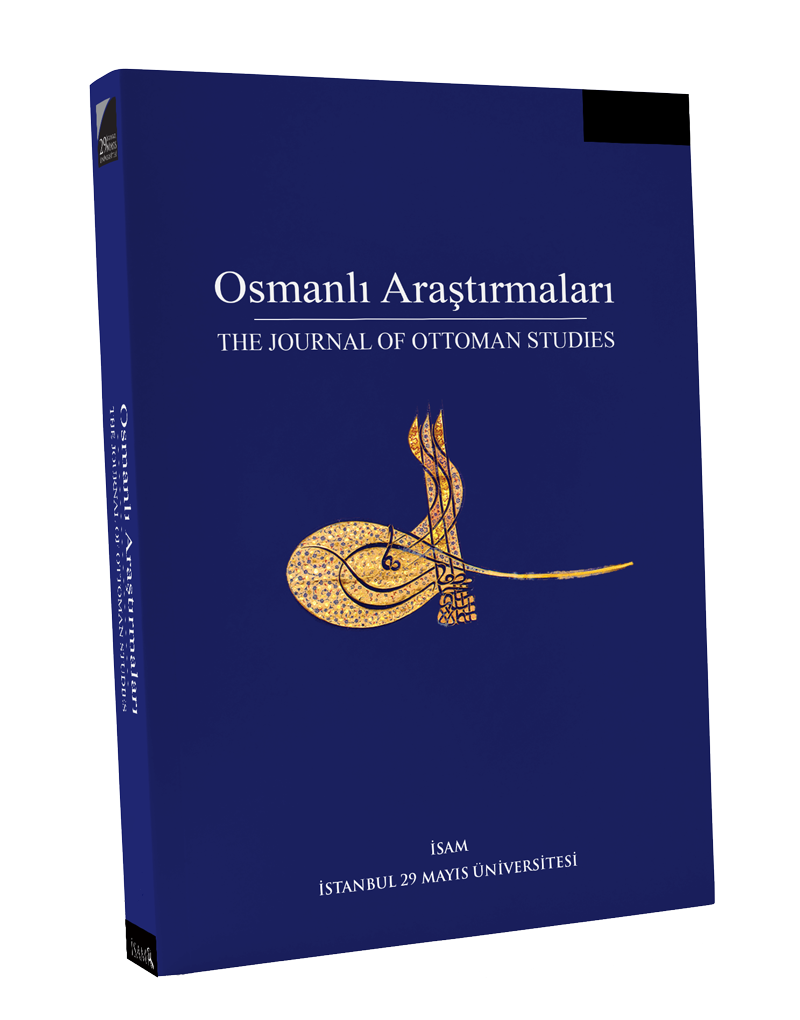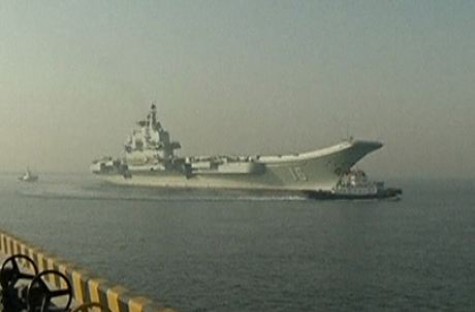Partners of the Shah Deniz Basin, where the largest natural gas field of Azerbaijan in the Caspian Sea lies, have given their final approval for the itenary of the transport of the natural gas to connect Turkey’s TANAP pipeline with the Italian pipeline and through the construction of the Transadriatic pipeline via Greece and Albania. Consequently, for the first time, the Caspian gas will reach the Balkans and southern Europe.
The decision was taken following challenging options for the Shah Deniz Consortium in which Turkey has a share of 9% through the Turkish Petroleum Corporation. After three routes projected under various names (Bulgaria, Romania, Hungary, Austria – Bulgaria, Serbia, Hungary, Austria – Bulgaria, Macedonia, Albania, Italy) were eliminated, the Trans-Adriatic Pipeline (TAP) that will connect the the shortest route, Greece, Albania and Italy was agreed upon. The pipeline to be built is projected to be 880 kilometers in total from Turkey’s border to Greece to Italy’s southern shore, with 550 kilometers in Greece, 209 kilometers in Albania and 120 kilometers in the Adriatic. The owners of the project are the companies of EGL/AXPO-Switzerland (%42,5), Statoil-Norway (%42,5) and E.ON Ruhrgas-Germany (%15). The financial advisor of the project will be the French bank Sociéte Général.
With oil transit and terminals, Turkey has become a transit center and an energy hub in the region and now takes an important step in the transportation of natural gas to the Balkans and Europe, introducing a new opening. The project is estimated to start operating in 2017 whereby the flow of the gas will begin. The legal infrastructure of the project has been completed. Intergovernmental agreements were signed among Italy, Albania and Greece and the European Union approved a 25 year long Third Party Access Accord as well as relevant exemptions.
Greece is highly pleased with the project as she considers it as the first strategic step towards being a Southern European Energy highway. With interconnection points to be built upon the route and reverse capability, Greece will be able to supply for other countries in the region. Moreover, in economic terms, an investment worth 1,5 billion Euros will provide 2000 people with permanent and 10,000 people with indirect employment. The project also constitutes the largest foreign direct investment (FDI) ever in Albania. In addition, construction of underground gas storage premises with a capacity of around 8,5 billion cubic meters (bcm) with reverse capability is projected. Italy will be able to use its existing network and she will be able to develop joint energy production projects with Switzerland on its northern border.
The amount of gas to be transported through the TAP route is projected to be 10 bcm a year in the beginning. It is possible to increase the amount to 20 bcm. Turkey has allocated 6 bcm capacity for her own consumption. When it is taken into consideration that Europe consumed 500 bcm gas in 2005 and it is estimated to consume 815 bcm in 2030, it is possible to say that TAP’s contribution is limited. Furthermore, the fact that the estimated amount of reserves in the Shah Deniz Basin as of now is 100+400 bcm is another point to take into calculation. However, the potential to be transported through Turkey-TANAP is naturally well above those amounts. It is known that the Swiss-EGL energy company which first brought up the TAP project in 2003 was influential during the Swiss Foreign Minister’s official visit to Iran in signing of a natural gas supply agreement with Iran although the agreement could not be implemented due to international economic restrictions Iran was subjected to. Hence, it is foreseeable that the natural reserves around Turkey will inevitably necessitate to have additional lines. In this regard, the recent agreement on TAP is a leading step towards prosperity and stability in the region and constitutes a significant and exemplary contribution by Turkey to peace, stability, cooperation and prosperity in the Eurasian geography.
© 2009-2025 Center for Eurasian Studies (AVİM) All Rights Reserved
 NEW ARTICLE ON THE DASHNAK ERZURUM CONGRESS OF JULY 1914
NEW ARTICLE ON THE DASHNAK ERZURUM CONGRESS OF JULY 1914
 NEW SCHOLARLY ARTICLE ON THE TURKISH-ARMENIAN HISTORICAL CONTROVERSY
NEW SCHOLARLY ARTICLE ON THE TURKISH-ARMENIAN HISTORICAL CONTROVERSY
 TENSIONS SURGE IN SOUTH CHINA SEA AS CHINA LOCKS HORNS WITH PHILIPPINES, VIETNAM
TENSIONS SURGE IN SOUTH CHINA SEA AS CHINA LOCKS HORNS WITH PHILIPPINES, VIETNAM




























